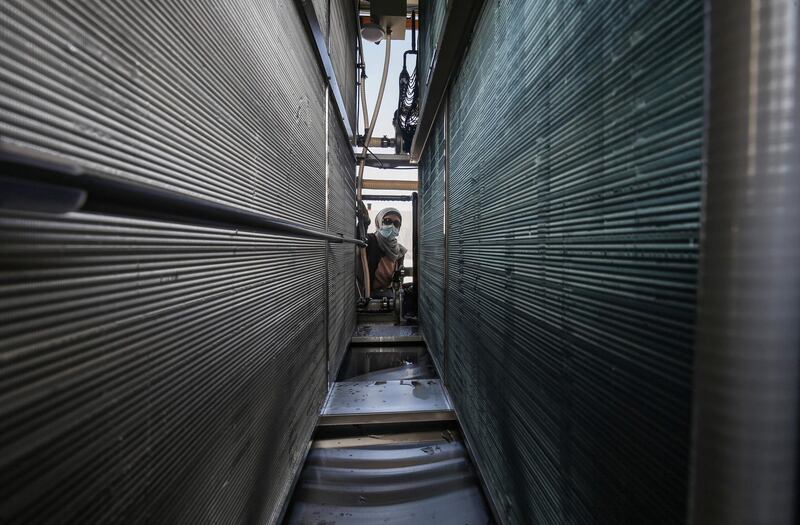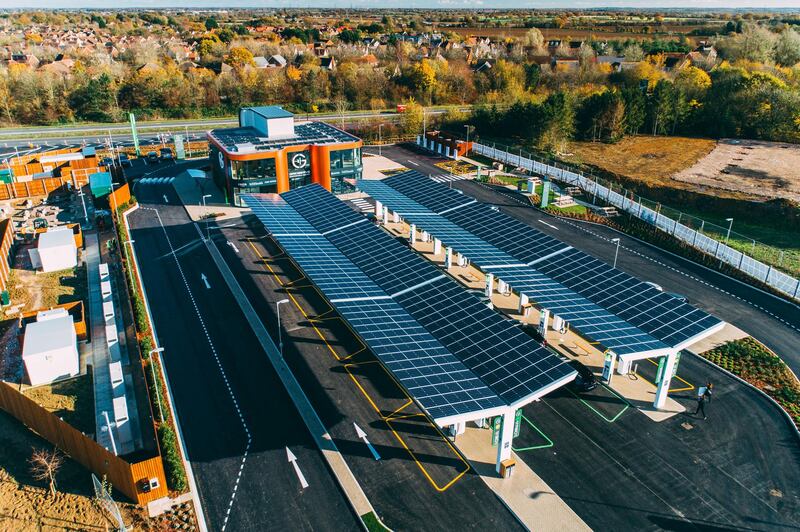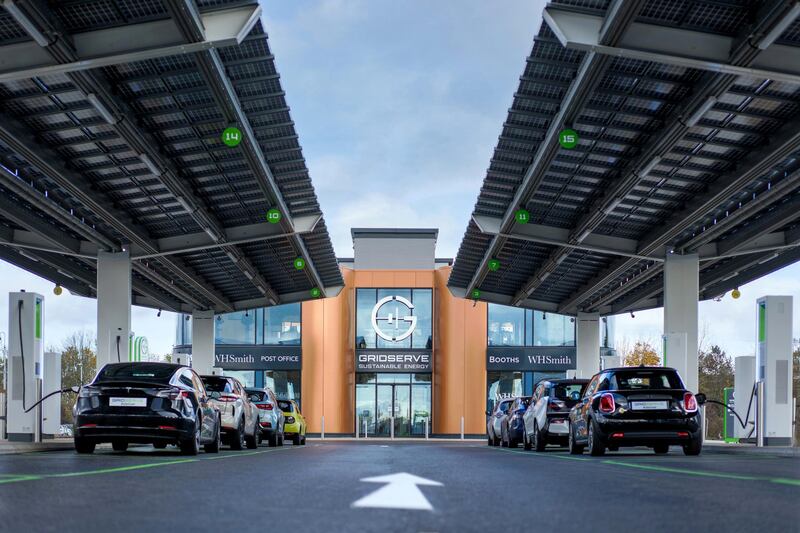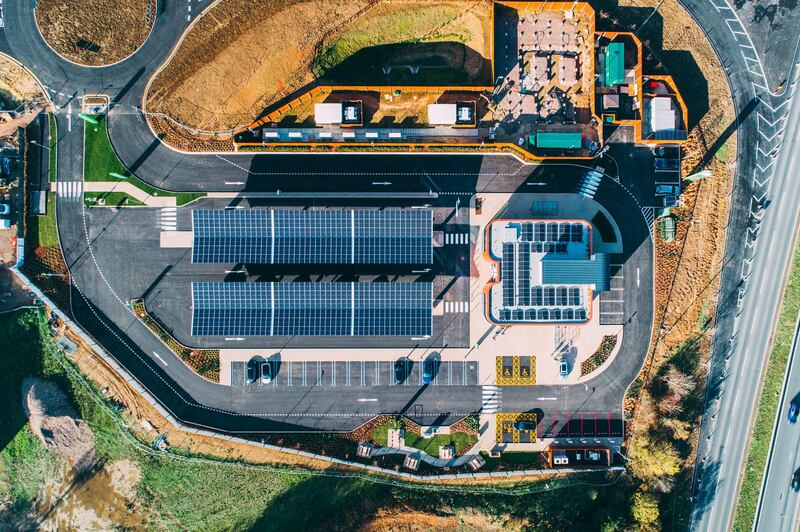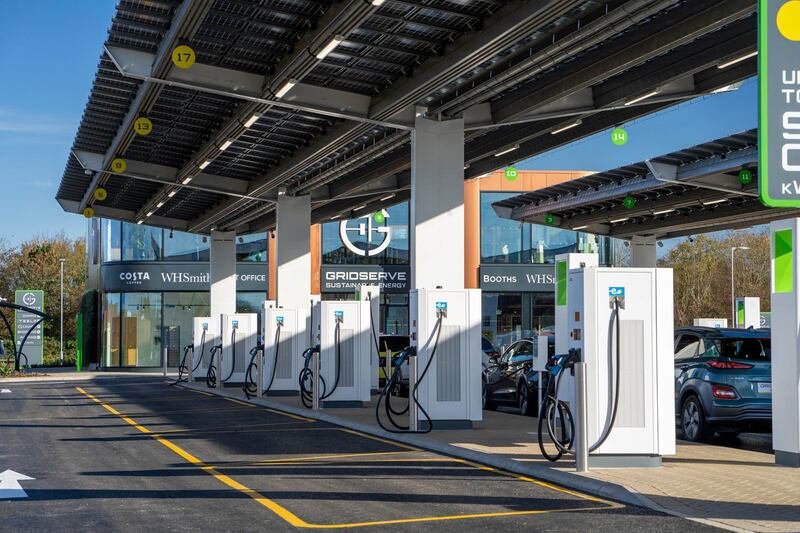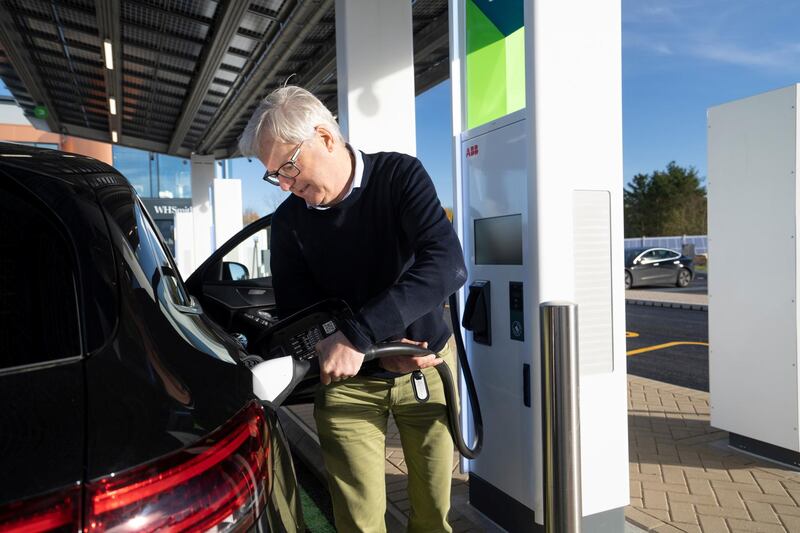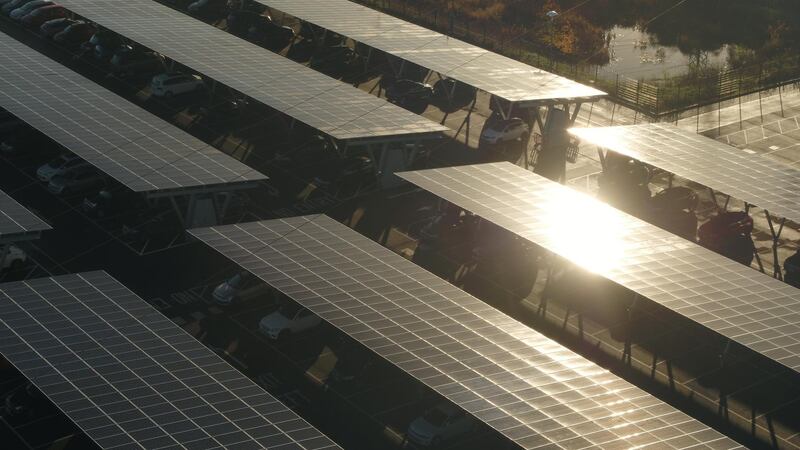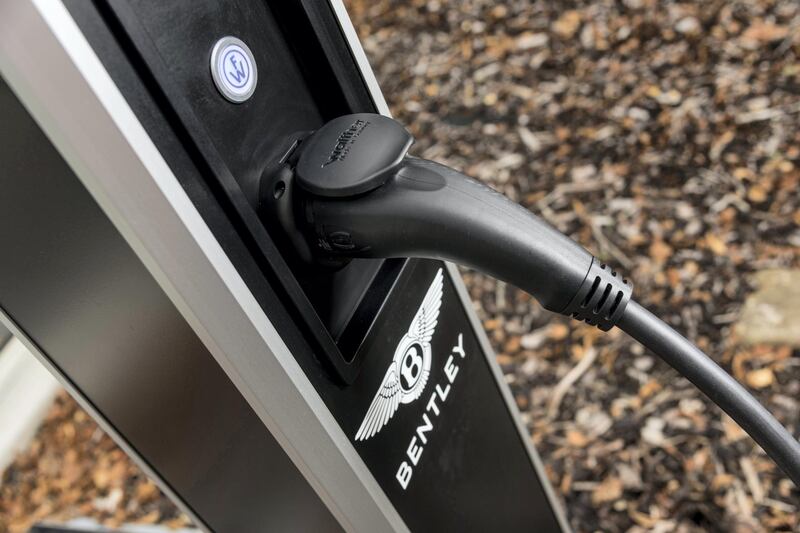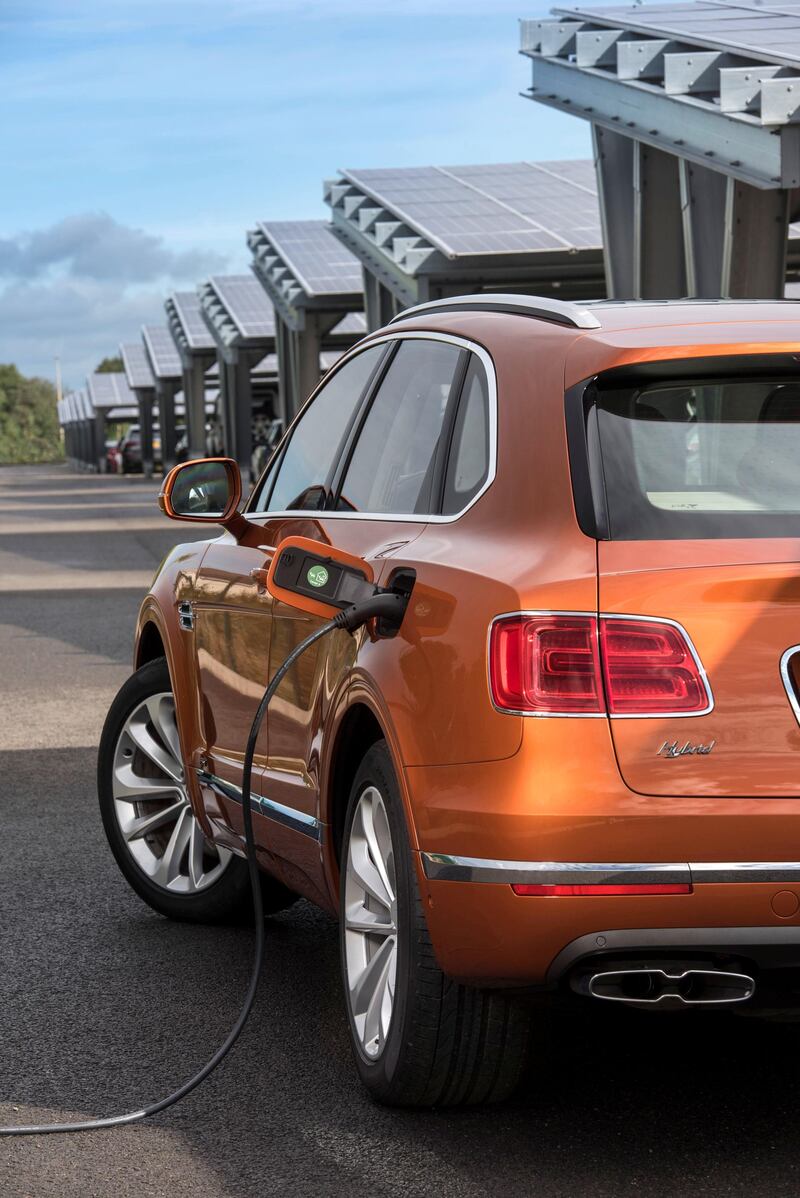Despite being generally accepted as one of the most difficult years on record for many industries, 2020 demonstrated the inherent resilience of renewable energy solutions.
This point is captured by the fact that, in the face of industrial torpor across the board, global renewable energy installations are thought to have hit a record level in 2020, according to the latest statistics from the International Renewable Energy Agency (Irena). This fact stands in sharp contrast to the declines in production and consumption caused by the pandemic in the other energy sectors.
In the UAE, our firm commitment to combating climate change has only become stronger. In the words of Sheikh Mohammed bin Rashid Al Maktoum, the UAE's Vice-President and Ruler of Dubai, “Climate change is the most prominent battle for mankind in the coming decades to preserve the planet Earth for new generations.” In a tweet at the end of last year, Sheikh Mohammed repeated the UAE’s national pledge to reduce carbon emissions by 23.5 per cent before 2030.
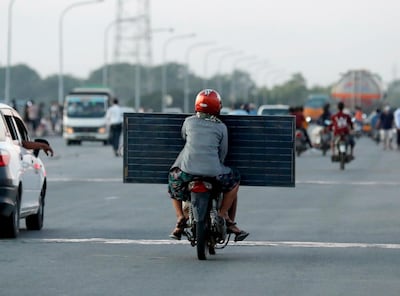
Central to this commitment is the development of renewable energy solutions here in the UAE and across the planet. Indeed, the development of renewable energy infrastructure across the globe in 2020 meant that almost 90 per cent of new electricity generation was from a renewable source. As we take our first steps into 2021, the consequences of the year of renewable acceleration is clear: green electricity is on track to become the largest power source by 2025, by which time renewables are forecast to supply more than one third of the world’s energy.
Furthermore, the performance of stock prices in the renewables sector was robust since the outbreak of the pandemic throughout 2020. Despite the declines and falling revenues witnessed around the world in March, the stock prices of major wind and solar companies rebounded quickly and strongly, to reach all-time highs by the third quarter of 2020.
This is not only a clear indication of a growing demand and healthy business over the medium to long term. It also highlights the fact that major manufacturers have firm plans to continue increasing their solar panel manufacturing capacity in the medium term, thanks to continued investor appetite for this future energy technology.
In many ways, the renewable energy sector’s defiance in the face of the difficulties posed by the pandemic, and its robust growth, should come as no surprise. Throughout the year, the UAE Mission to Irena and Irena itself have worked tirelessly and diligently to ensure that the momentum we had gathered since the agency's establishment has not eased.
In 2020, we launched the Irena Renewables Talks and the "On Renewables" podcast, both of which have reached out to and engaged the international renewable energy and climate action communities to enable the sector to make the most of the opportunities available to it in 2021.
It was revealing to me, when co-hosting the Irena Renewables Talks with Director General Francesco La Camera, that the permanent representatives attending the webinars all spoke in detail about how each member state has been able to pivot and adapt to these new times because of the inherent agility and resilience of renewable solutions.
The Director General summed up the point nicely. During the second Renewables Talk event in December, he spoke of Irena’s members coming together, five years on from the ratification of the historic Paris Agreement by 196 states, because of an inherent willingness and necessity to pursue "a climate resilient world”.
Throughout the talks, permanent representatives highlighted, both at home and abroad, the growing acceptance of the need to tackle the climate crisis by cutting carbon emissions. That acceptance, they said, has contributed to making renewable energy a more attractive option to investors – a point evidenced by the fact that the value of shares in solar companies has more than doubled since December 2019.
That this two-fold momentum – externally from a material markets perspective, but also internally from an emerging, collective mindset – is gaining pace now, five years since the Paris Agreement was struck, is no coincidence.
My guest on the second episode of On Renewables, Christiana Figures, the former executive secretary of the UN Framework Convention on Climate Change, whose leadership helped the Paris Agreement come to fruition, said about the agreement: "Overcoming that defeatist attitude was something I set about changing almost straight away…Everyone has a voice, which is equally valid; everybody has a need and a vision, and let's bring those all together into a multicoloured tapestry. It's not that my vision is better than yours or yours is better than mine...We can co-exist and collaborate on a collective vision."
Ms Figueres’s point on collectivism – of convening a multitude of perspectives to find solutions to overcome our biggest challenges – is perhaps nowhere better exemplified than in the UAE today. We continue to convene, collaborate and inspire the international community into acting for impact when it comes to making renewable energy solutions the de facto producer of energy in the future and turning the tide on climate change.
The Emirates will once again be at the forefront of convening this collective, international will at the 11th session of the Irena Assembly, to take place virtually from January 18-21. The theme of the discussions will be energy transition in light of Covid-19. They will reflect the needs and priorities highlighted by the agency's members towards achieving a green recovery to inform its future work, with “convergence and collaboration” a core aspect of this year’s virtual sessions.
And so, there are reasons we can move into 2021 not just with hope, but knowledge that we have not wavered, and we will not ever waver, in our commitment to providing a brighter future for all, even when the going gets toughest.
Dr Nawal Al-Hosany is a permanent representative of the UAE to the International Renewable Energy Agency
